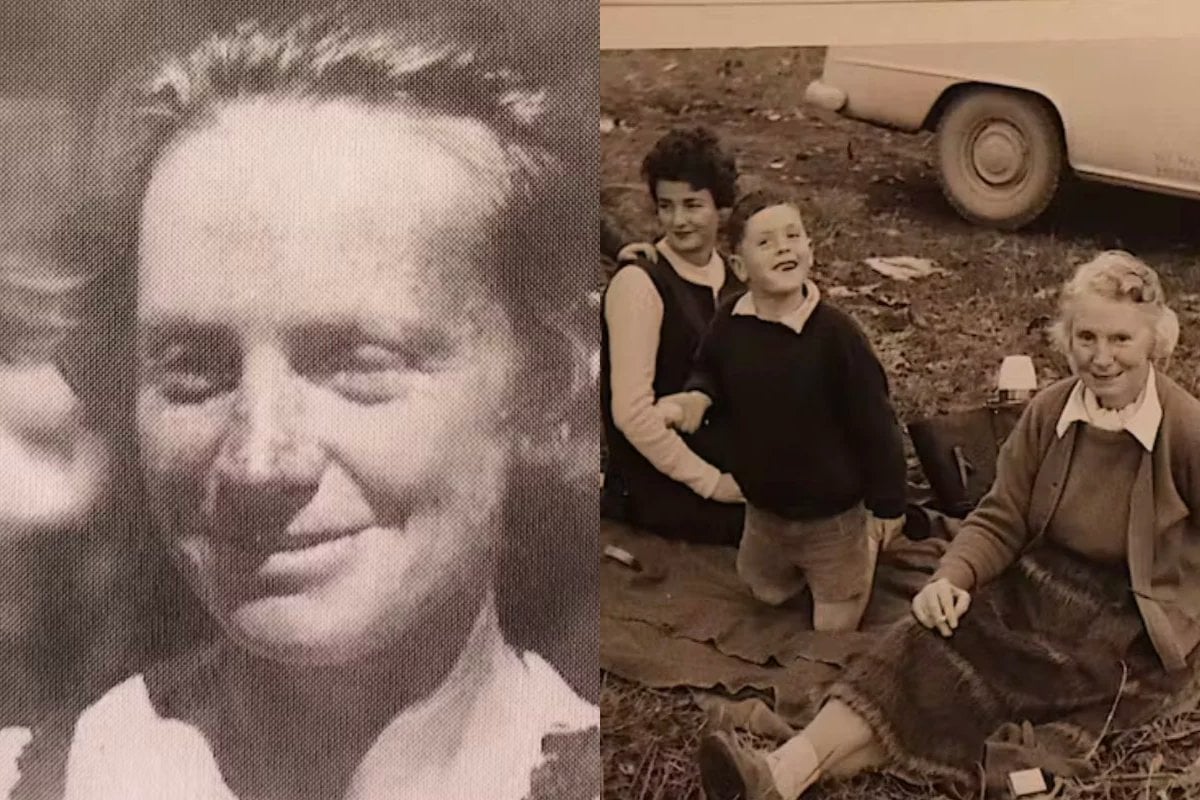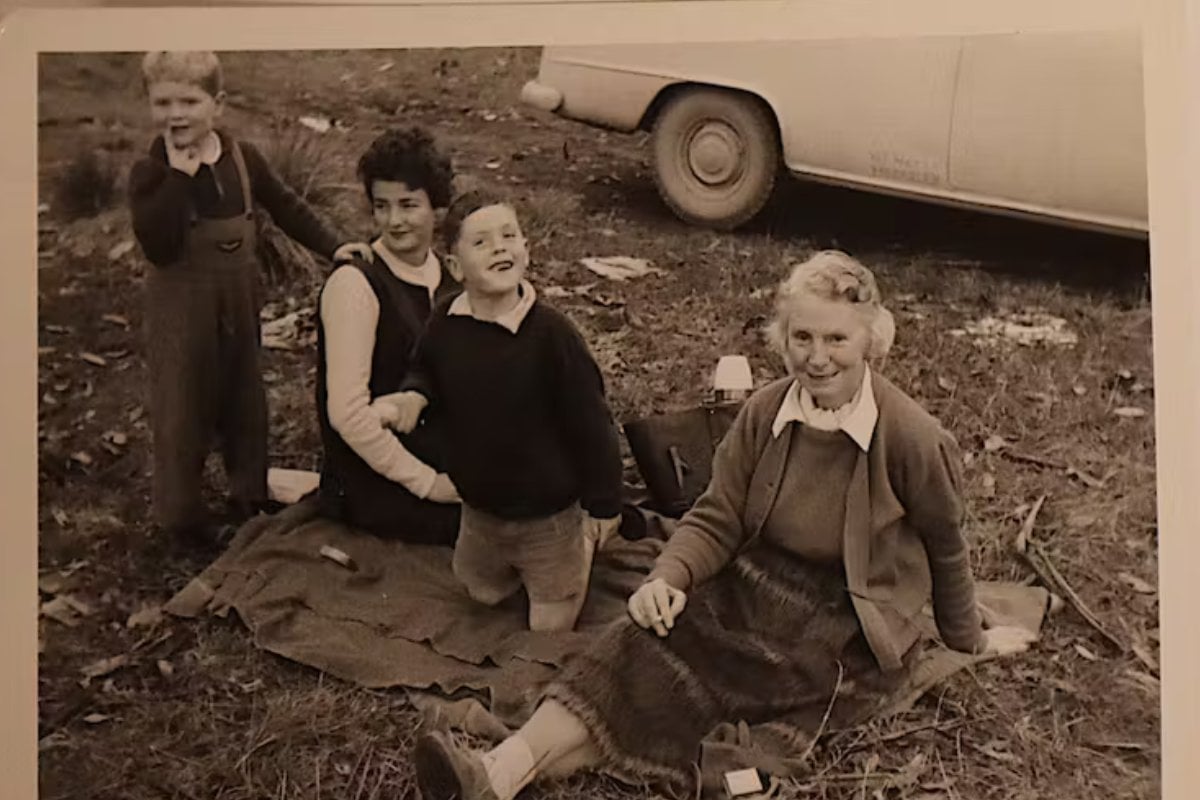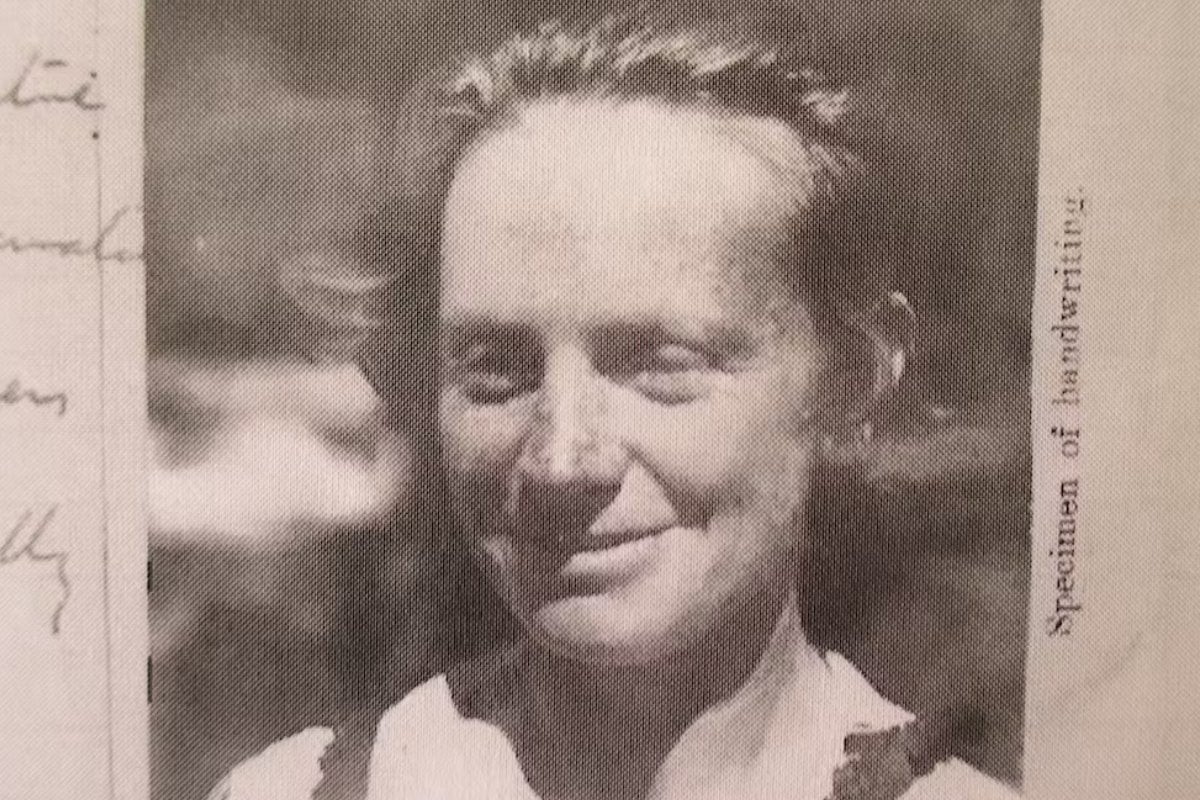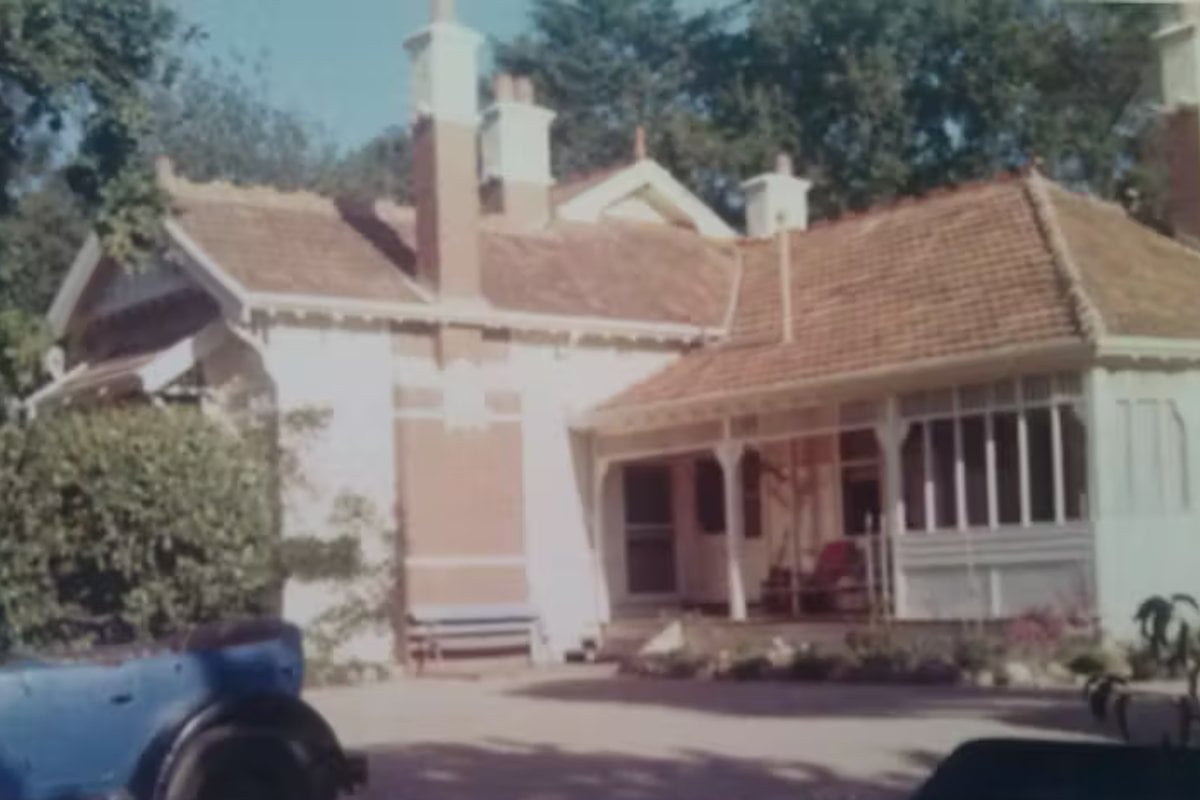
As a child, I found a small, brown suitcase in my wardrobe. It had two silver latches and a squeaky wooden handle. I didn’t recognise the name inscribed on the bottom in pencil: Ada.
I asked my mother, “Whose suitcase is this?” Mum replied, “Your grandmother’s.”
I was confused about who my grandmother was. Born in the early '60s, I grew up with my parents and two older brothers in Melbourne’s eastern suburbs. Dad had grown up without his mother and was cared for by his paternal grandmother.
It was around the time of my birth when Dad accidentally discovered the secret of his mother’s whereabouts. Ada was living in a mental institution.
As a young child, I remember waiting with my family for Ada in the foyer of a boarding house in Melbourne. This memory is like a single snapshot of a dimly lit, wood-panelled foyer, marked by the tension of my two brothers being scolded for their noisy behaviour as we waited for Ada to join us for a family outing.
Another time, I recall Ada sitting in the lounge room of our family home, smoking cigarettes. I tried to engage her, but she would not smile, and her face and eyes lacked expression. I knew there had been something wrong with Ada. I am uncertain when I learned she had been removed from her children and locked away.
As my father grew to know her more, stories of her absence from his childhood emerged. It was impossible for me as a child to understand Dad was getting to know his mother for the first time as an adult: a parent with his own children.
































































































